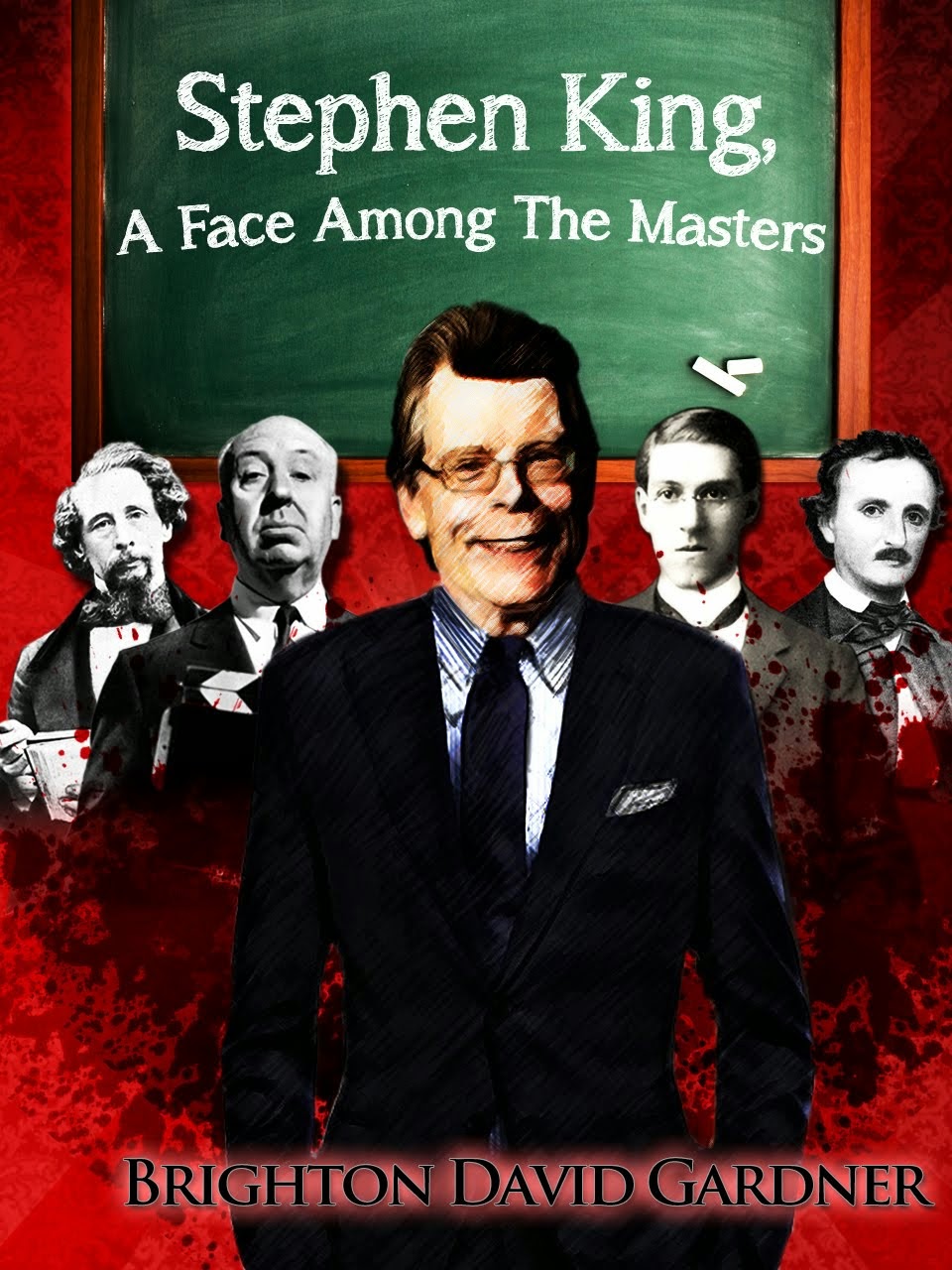By Brandon Engel
When it comes to
book-to-film adaptations, Stephen King doesn’t really have a consistent track record. Some film adaptations are awful and some are great. With anticipation building for the release of the film Cell with John Cusack, and
murmurs about a new film series based on
The Stand, one wonders how these new films will measure up against older film/tv adaptations of King’s dystopian stories.
You might remember the TV miniseries adaptation of the "The Stand" which debuted in 1994. It was based on a novel by King from 1978, which told the story of a weaponized version of the flu that escapes from a government lab, and it wipes out most of humanity, except for a few people scattered throughout the United States. In the TV adaptation, these survivors are portrayed by famous performers: “Nick Andros,” a deaf man from Arkansas, was played by Rob Lowe, and “Frannie Goldsmith,” a Maine teenager played by Molly Ringwald. The survivors start to have visions of either the kindly “Mother Abagail,” played by Ruby Dee, or the demonic “Randall Flagg,” played by Jamey Sheridan. Survivors are told to travel to Nebraska to meet Mother Abagail, or to go to Las Vegas to join Flagg.
The eight hour “Stand” miniseries is faithful to the over 1,000 page book, but it is more similar to the earlier abridged version that was released in the seventies than the complete, uncut edition that Doubleday published in 1990. The A.V. Club said in
its review that the miniseries reduced the story to a simple-minded duel between good and evil, without the complex nuances of the book.
Entertainment Weekly offered a somewhat backhanded compliment, stating that
the "Stand" miniseries was a "sheer messy sprawl" in the most affectionate way a critic can say that sort of thing. In this writer’s humble opinion? The TV miniseries has not aged well. The music, the special effects, and even the actors chosen seem a little dated and cheesy.
Speaking of dated and cheesy: you might also recall an Arnold Schwarzenegger vehicle based on a book that was attributed, not to King directly, but to King’s nome-de-plume,
Richard Bachman. The novel was, of course, “The Running Man,” which “Bachman” wrote in 1982. The novel talks about a man named Ben Richards, who lives in the middle of the United States in the year 2025. The world economy has collapsed, and the general public is demoralized. Richards has a daughter who is violently ill. Because he lacks the finances to pay for her medical treatments, he agrees to participate in a new TV program entitled “The Running Man,” which is sort of like American Gladiators, but infinitely more barbaric.
Contestants on the program try to evade “hunters” — hitmen who are employed to track contestants down, and snuff them out. Contestants win money for every hour they stay alive, plus money for every hunter they manage to kill themselves, plus a billion dollars if they make it for a whole month without getting caught.
When producers approached King with the desire to turn the novel into a film, King insisted that the story be credited to Bachman. The film (released in 1987) starred Arnold Schwarzenegger as Ben Richards, and the story was changed. In King’s novel, Richards was an impotent civilian acting out of desperation for the sake of his family. In the feature film, Richards is a former police officer who is wrongfully accused of killing civilians. He is put in prison, but manages finds a way out when he is invited to compete on “The Running Man.”
According to
Roger Ebert, "The Running Man" film felt sort of like a videogame or a comic book for the big screen. The film is repetitive, highly stylized, and heavy-handed, but still manages to capture some of the cynical satire of King’s novel. Regardless, ultimately, the film shares many weaknesses with the TV adaptation of “The Stand” — it’s overwrought with dated cliches, and it featured a lot of dubious casting choices.
The bad news? Dystopian fiction is easy to sell to people. It doesn’t even have to be especially well-written (just think about “The Hunger Games” or “Divergent” series). Perhaps part of the reason why there are so many dystopian novels and films in the first place. While King’s dystopian novels are well constructed, bad things happen to these stories when producers get their hands on them. The film studios pander to the audience, and what results are subpar films that look even more ridiculous over time. Cell will be, in its own way, capitalizing on the popularity of the zombie craze. The unlikely pairing of Samuel L. Jackson and John Cusack is also worrisome. Cell will probably not be a very good movie. Hopefully, I’ll be proven wrong on this point.
The good news? There are
Stephen King film adaptations that were pretty great, such as The Shawshank Redemption and The Green Mile, which still air regularly on satellite TV networks (more info
here). For every thirty crumby Stephen King derivative films, maybe one or two will be truly excellent. Such is life.









